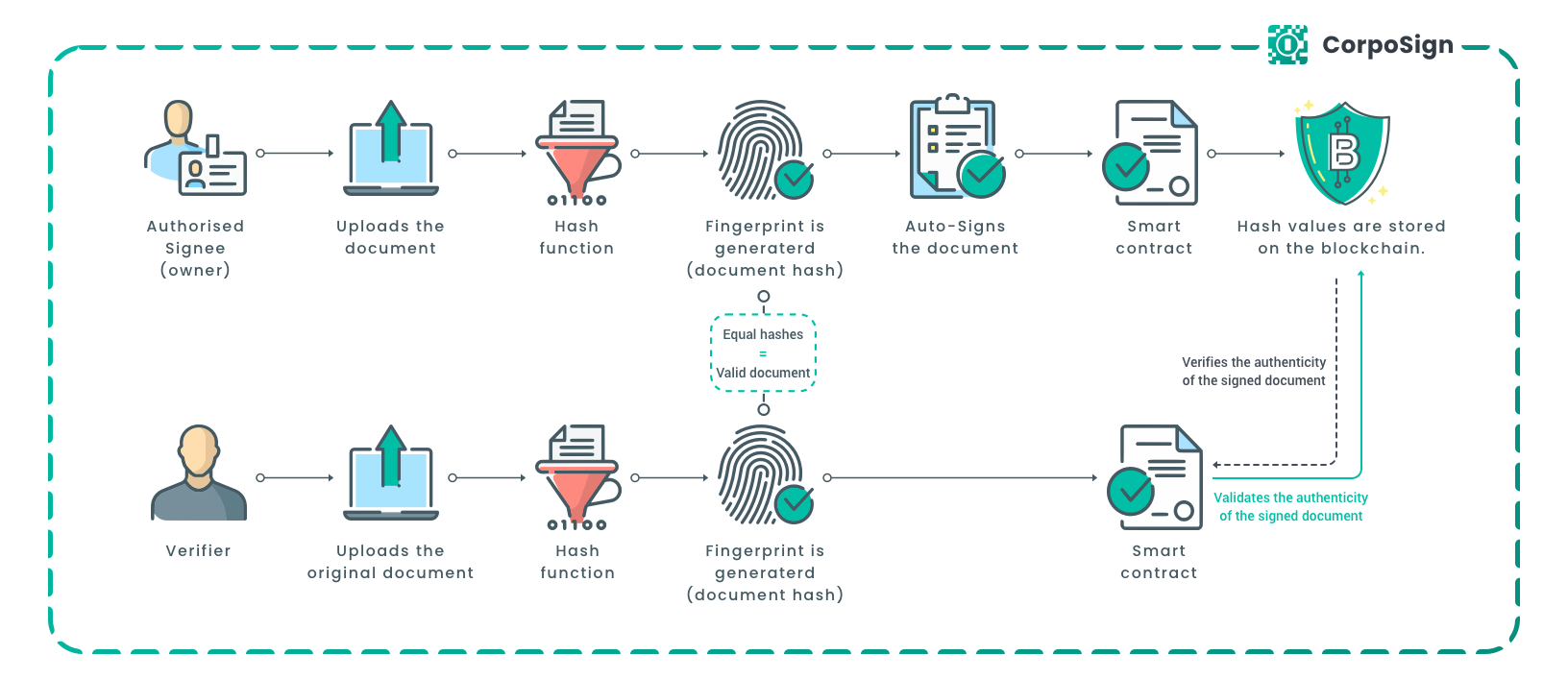Advancements in Digital Signature Solutions: Blockchain Adoption in Lithuania’s Premier Automated Fuel Station Chain
Harnessing the power of technology is crucial in bolstering cybersecurity. Concepts such as cloud computing, digital signatures, and blockchain technology have become widely familiar, with blockchain often being associated with cryptocurrencies. However, its applicability extends far beyond, particularly in enhancing the security of electronic signatures.
As traditional handwritten documents increasingly give way to electronic signatures for streamlining complex procedures, the challenges associated with signing a high volume of documents have also surfaced. Moreover, the usage of personal electronic qualified signatures is not only cost-intensive for the employee but also raises security concerns.
In pursuit of a secure, legally recognized document signing alternative, Neste Lietuva, the operator of Lithuania’s most extensive automated fuel station network, consulted the State Tax Inspectorate of Lithuania. After thorough consideration, it was agreed that blockchain technology would be best suited for this purpose. Consequently, Systems Integration Solutions customized their CorpoSign platform for electronic signatures to cater to all requisite demands.
Rišardas Bedulskis, Director of Systems Integration Solutions, emphasizes the importance of a secure, blockchain-based signature. He elaborates that while signing a multitude of documents using a qualified e-signature, the risk of unauthorized actions cannot be completely dismissed. The innovative CorpoSign system has been thus designed to tackle this issue.
CorpoSign is a comprehensive suite of tools designed for digital signature implementation and business process automation. This solution can be deployed in various environments: locally, or within private, hybrid, or public clouds.
Ernest Vaškevičius, Head of Retail at Neste Lietuva, notes that while digital signatures aren’t a new concept, the technology hasn’t seen significant advancements over the years. This was a key reason for the company’s decision to adopt the trailblazing CorpoSign system.
Working closely with representatives from the State Tax Inspectorate of Lithuania and understanding the business needs facilitated a seamless initiation of the pertinent legislative changes. Once approved, this new blockchain-based digital signature, complying with all legal and security requirements, will be promptly introduced to the market, says Bedulskis.
Previously, the Petroleum Products Journal (PPJ) documents had to be manually filled and printed at the end of each workday. These documents, signed by the responsible employee, had to be retained for a decade, leading to massive paper waste and overlooked efficiency opportunities.
CorpoSign successfully meets all requirements set by the State Tax Inspectorate of Lithuania, ensuring continuous technology operation, a straightforward operating principle, and a faster, more efficient document signing process.
The CorpoSign system offers numerous advantages. First, it allows signatures with a company-issued certificate, linking individuals to legal entities, and eliminates the need for personal signatures. Secondly, it ensures data security by requiring minimal information like a job title or order number, thereby meeting GDPR data protection standards.
“The blockchain is signed with a private key, so that the integrity of the data can be guaranteed and the immutability of the signature can be ensured by cryptographic algorithms. All attributes are signed with a private key pair and the signature is stored in the blockchain using smart contracts,” elucidates Deividas Umbrasas, Managing Director of Systems Integration Solutions.

Notably, blockchain technology, once validated, makes the document unique and unalterable by the user. It provides comprehensive details about the document such as its creation time, creator, ID, notes, and signatories. The documents can also be remotely accessed by specialists from the State Tax Inspectorate of Lithuania for authenticity verification. Furthermore, signing using CorpoSign is at least twice as quick as using qualified e-signatures.
The decision to adopt blockchain technology was driven by its promise of uninterrupted operation and the convenience of not needing personal devices or identifiers. Employees and partners can sign a document from any location with an assigned IP address in mere seconds, a significant upgrade in terms of efficiency and convenience. Additionally, the CorpoSign license is purchased on a per-company basis for an unlimited period and there are no restrictions on the number of annual transactions.

The introduction of CorpoSign promises to be a highly efficient solution as it only requires a one-time purchase, which will pay for itself within a year. In contrast, personal qualified signatures could prove to be quite expensive when signing thousands of documents daily, as most systems offer only a limited number of free signatures per month. Besides time savings, the new system also substantially reduces printing and mailing costs, leading to significant environmental and monetary savings.
With its current design focused on signing internal company documents, CorpoSign plans to expand its capabilities to include the signing of external documents in the near future. The system’s adaptability, coupled with its potential to enhance workplace efficiency, makes it an attractive choice for various industries beyond oil and bio-products. The increased adoption of blockchain-based signature systems globally validates their reliability and appeal to innovative business and public enterprises.
Join the learning journey!
Stay updated on digital transformation trends, gain valuable insights, and receive exclusive access to tools and resources that drive your business forward.
Success! Welcome to our community.
You've taken the first step towards gaining valuable insights into the world of digital transformation. Look forward to our emails enriching your inbox and your understanding of the digital landscape. Happy learning!
Invaluable insights and industry trends, right in your mailbox.